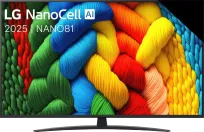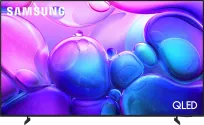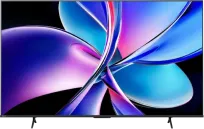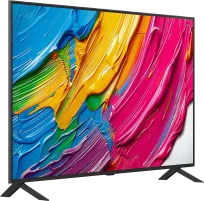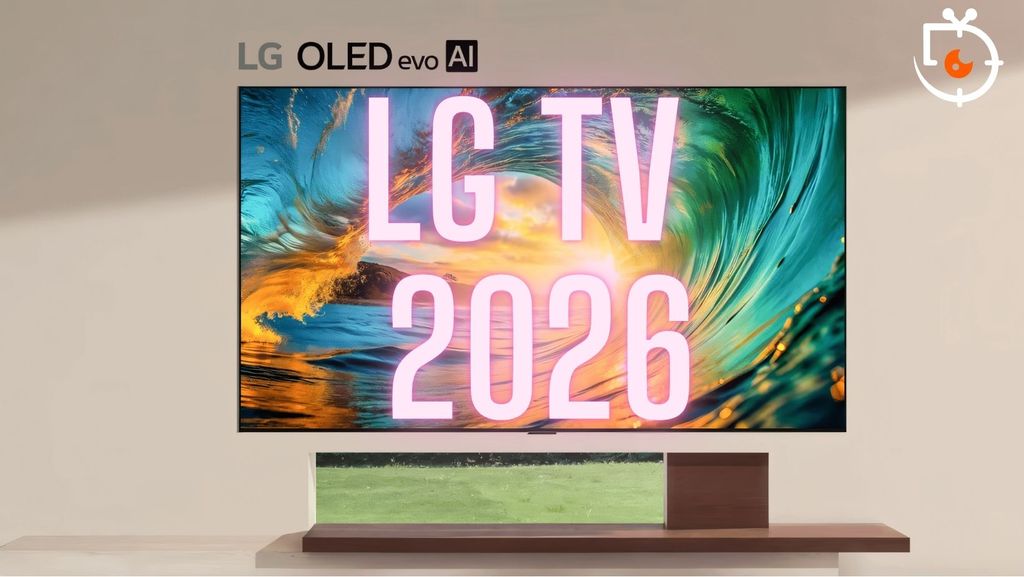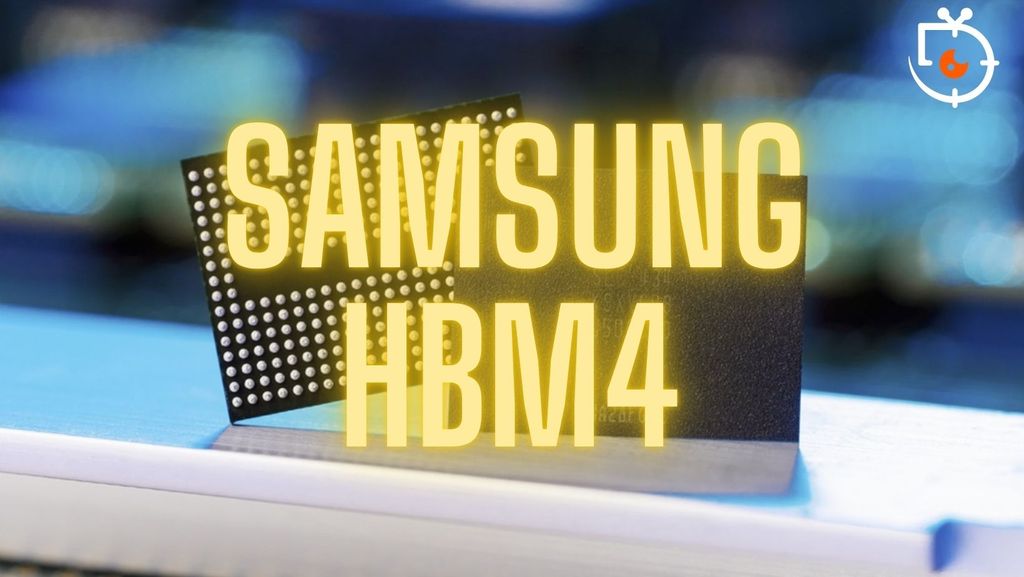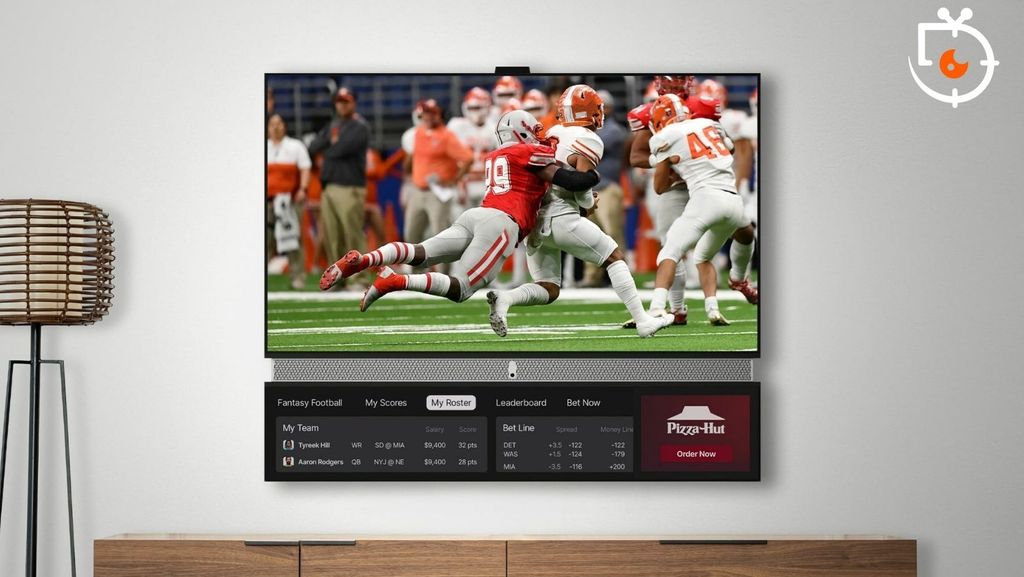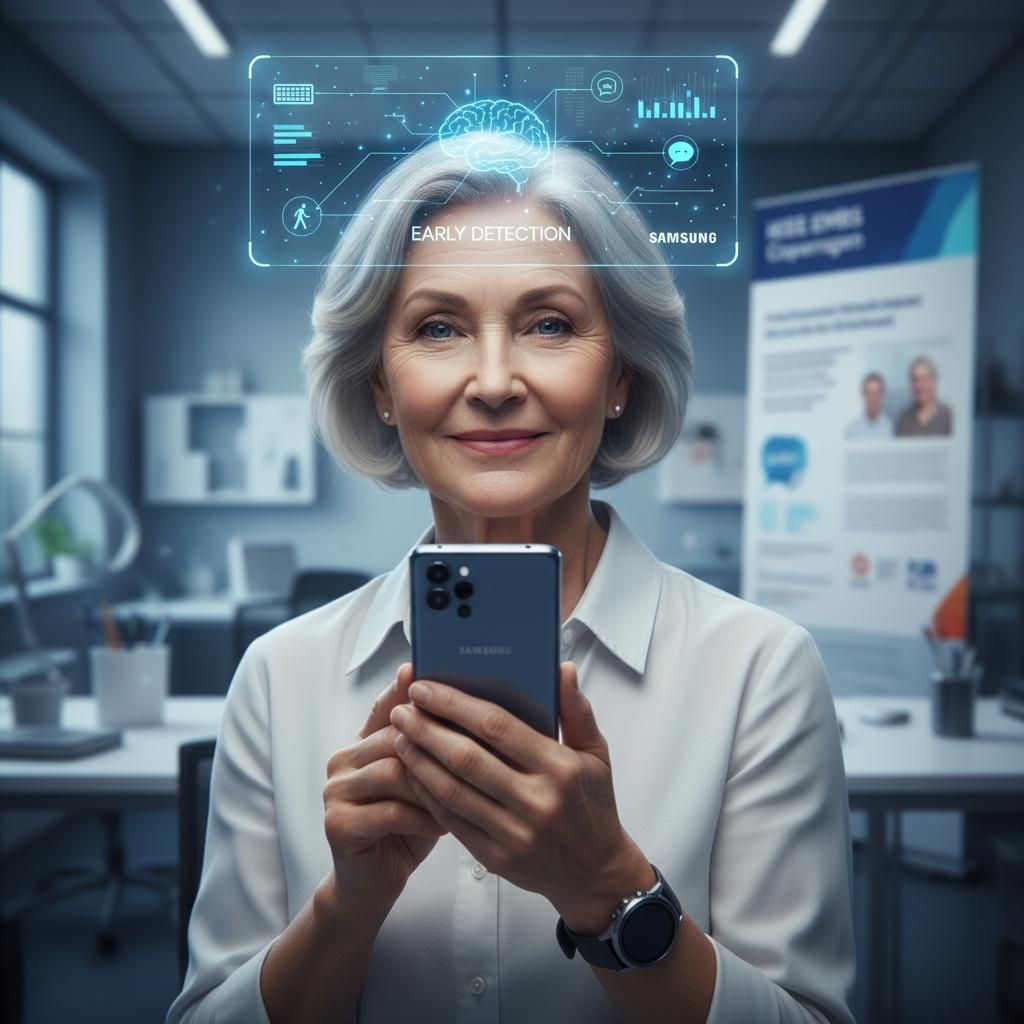
Alzheimer's disease is currently the most common cause of dementia in the world, accounting for 60–70% of cases. Year by year, the problem is growing alongside the ageing of populations. It's crucial not only to treat but also, above all, to detect subtle symptoms as early as possible. This is where Samsung steps in, with its digital biomarker technology genuinely changing the approach to diagnostics.
Smartphones and wearables as a medical tool
Samsung Research has developed a solution that turns our everyday devices – Galaxy smartphones and Galaxy Watch smartwatches – into unique “health sensors.” By analysing user behaviours such as typing patterns, conversation tempo, sleep patterns, and even walking parameters, the system can detect the early signs of cognitive disturbances.
These are not theoretical considerations – studies show that the effectiveness of this method matches that of traditional hospital screening tests. Importantly, the analysis occurs with minimal intrusion on privacy, as the system does not examine content, only non-verbal parameters.
Impact on Diagnostics and Care
Samsung is not limited to just collecting data. The developed algorithms allow for a realistic assessment of the user's cognitive condition and monitor its changes over time. This means that:
doctors can respond more quickly and refer patients for further tests,
patients gain the chance for early intervention – from lifestyle changes to participation in new therapies,
the healthcare system receives a tool that can relieve hospitals and improve the effectiveness of diagnostics on a large scale.
Technology with a Mission
What sets Samsung apart is the vision that everyday devices should support medicine. The Samsung Research team does not see smartphones or smartwatches merely as consumer products, but as a bridge connecting daily life with healthcare.
Digital biomarkers are not just technology – they are a promise to improve the quality of life for millions of people who could have lived independently for years if their illness had been detected earlier.
 Katarzyna Petru
Katarzyna Petru



